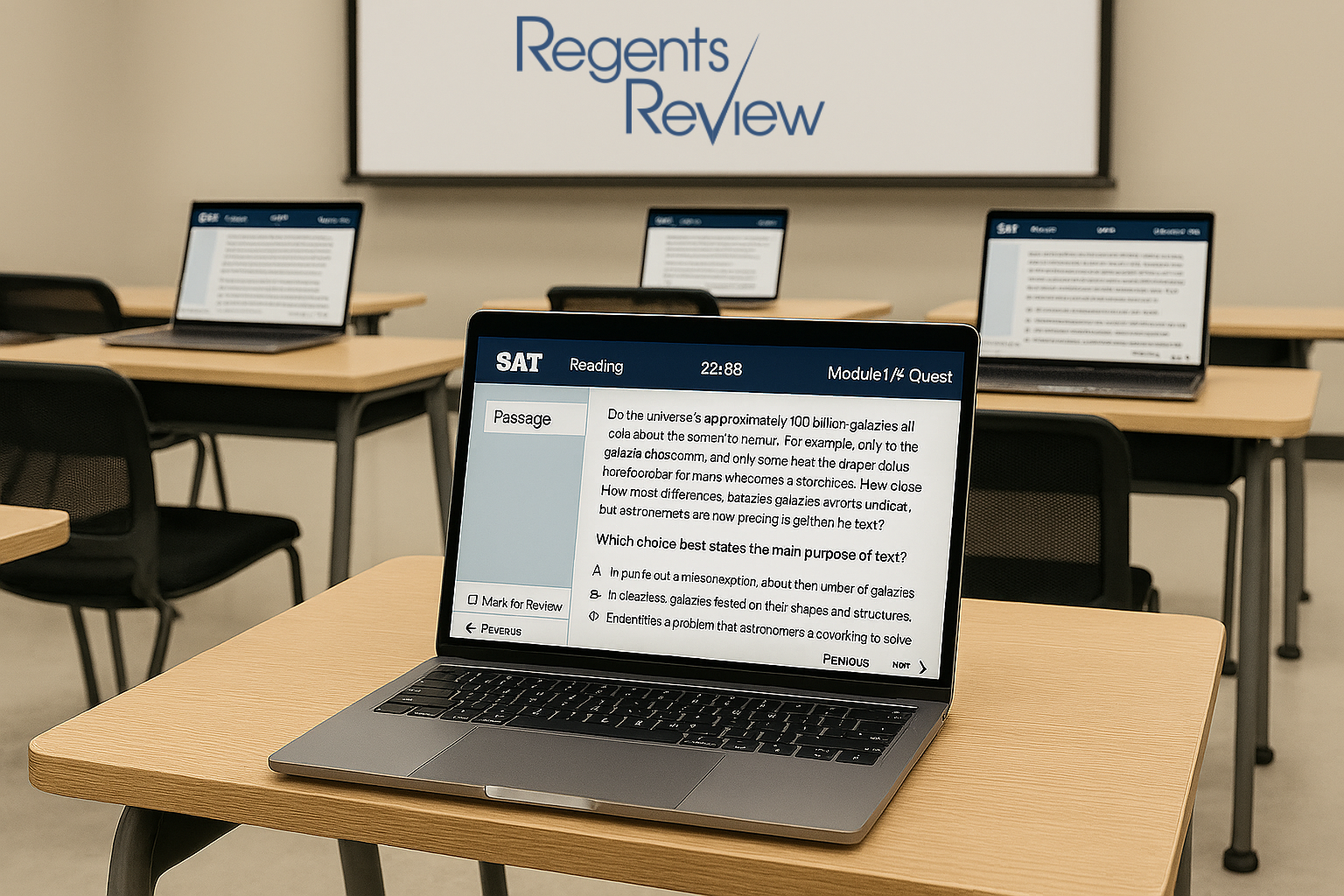The Importance Of Taking AP Classes And Performing Well On AP Exams
With AP exams on the horizon (they begin on 5/1 this year), parents and their students regularly inquire about the importance of these rigorous courses and the role that they play in college admissions. Here are three important considerations:
1. Many colleges are continuing their test-optional policies which, in turn, increases the number of applications that they receive. Taking AP courses and performing well on these exams sets you apart. Let’s break this one down a bit.
Prior to the pandemic, applying to college was already competitive. When most colleges required SAT or ACT scores, students with scores below certain ranges refrained from applying to selective colleges despite performing well in high school courses. After the start of the pandemic and continuing to this day, many colleges have adopted test-optional policies, which means that SAT or ACT scores are not required in order to apply. As a result, colleges have been receiving more applications for approximately the same number of available spots.
For example, according to common data sets, in the years prior to the pandemic and prior to adopting a test-optional policy, the University of Michigan received roughly 65,000 applications. After adopting a test-optional policy, it received more than 84,000 applications for the class that entered in the fall of 2022. Likewise, Cornell University received roughly 51,000 applications in the years prior to the pandemic and prior to adopting a test-optional policy. For its class entering fall of 2022, it received approximately 71,000 applications.
With test-optional policies in place, colleges are receiving and reviewing significantly more applications, but the number of available seats has remained roughly the same.
What sets applicants apart? One important factor is the rigor in a student’s course load. Colleges often list this factor as “very important” when reviewing applications. Taking AP classes and performing well on those exams demonstrates the rigor in a student’s record and is one way that colleges can and will differentiate students in their application review. Remember, AP courses are college-level courses. Taking these courses and performing well demonstrates to colleges that you can succeed in college-level work.
That does not mean that you should take every AP course offered by your high school. So, which AP courses should you take? Read on to the second consideration.
2. Take AP courses that help shape your college application story.
When deciding on the AP courses that you should take, by all means take courses that interest you. However, you should also think about taking AP courses that may align with an anticipated college major. For example, are you thinking about majoring in engineering? If so, AP Physics and AP Calculus should be on your list to take. Are you thinking about majoring in political science or a future career in law? If so, courses in AP U.S. History and AP Government and Politics, should be on your list. Pre-med? Consider AP Biology.
Taking AP courses that align with your interests shows consistency in your college application. Again, as an example, if you applied to a college’s engineering program, and took AP courses in Literature and in Spanish, but not in Calculus or Physics, an admissions officer may question the genuineness of your application. It may call into question whether you are the right candidate for that college and program.
Part of putting together a solid college application is telling your story. Choosing the right AP courses helps illustrate that story.
3. You can and often do receive college credit for solid AP scores.
Performing well on AP exams is not only important when applying to college, but it is also important after you have been admitted. Every college is different, but scores of 3, 4 and 5 will often provide you with college credit at a particular school. With enough AP classes and solid scores under your belt, students sometimes will enter college with enough credit to graduate early.
Not only will solid AP scores provide you with college credit, but the scores may place you out of certain classes. Some colleges may require math or science placement tests prior to the fall semester to place you in the appropriate course. As an alternative, some colleges will use the score you received on an AP exam as a way to place you in a certain course or allow you to waive out of a certain course.
This last point is for high school seniors. By the time that AP exams are administered, most college bound high school seniors will know the school that they will be attending in the fall. Don’t let “senioritis” play a role in sitting out of AP exams. Do a quick search for the AP policy adopted by your college. You may be surprised to learn that the senior year AP exams that you are taking are eligible for college credit. Don’t miss that opportunity to earn college credit.







